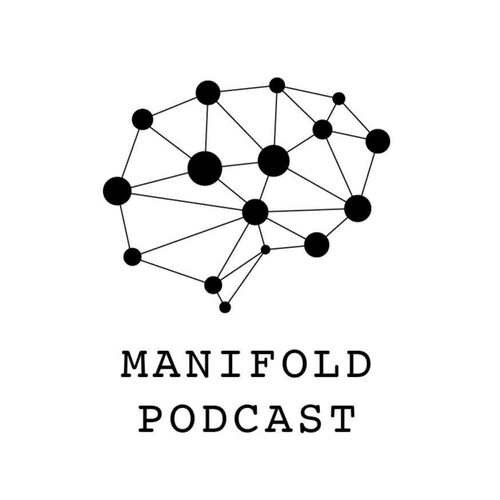
 Manifold
Manifold Bharat Karnad: India geostrategy, nuclear arsenal, and assassination of Homi Bhabha, the Oppenheimer of India — #46
Oct 19, 2023
Bharat Karnad, an Emeritus Professor in National Security Studies, discusses India's nuclear arsenal, the assassination of Homi Bhabha, and refocusing India's defense posture from Pakistan to China. They explore the challenges in India-China relations, India's potential for growth, and the subjugation of India under foreign invaders. Karnad also shares personal experiences in journalism and sheds light on the mysterious death of Homi Bhabha.
AI Snips
Chapters
Transcript
Episode notes
Insider Entry Through Personal Networks
- Bharat Karnad recounts how family ties and early contacts gave him entrée into India's nuclear establishment and debates.
- He used public analysis of the 1998 tests to connect with senior scientists and influence policy discussions.
Reporting The Alleged Israeli Plan On Pakistan
- Karnad covered Middle East conflicts as a journalist and broke a story about an Israeli planned strike on Pakistan's facilities.
- He described Israeli operational plans and why the strike was ultimately canceled.
Design Doctrine Based On Strategy Not Buzzwords
- Do prioritize realistic strategic doctrine over slogans when drafting national nuclear policy.
- Avoid adopting terms like "massive retaliation" without understanding deterrence theory.
